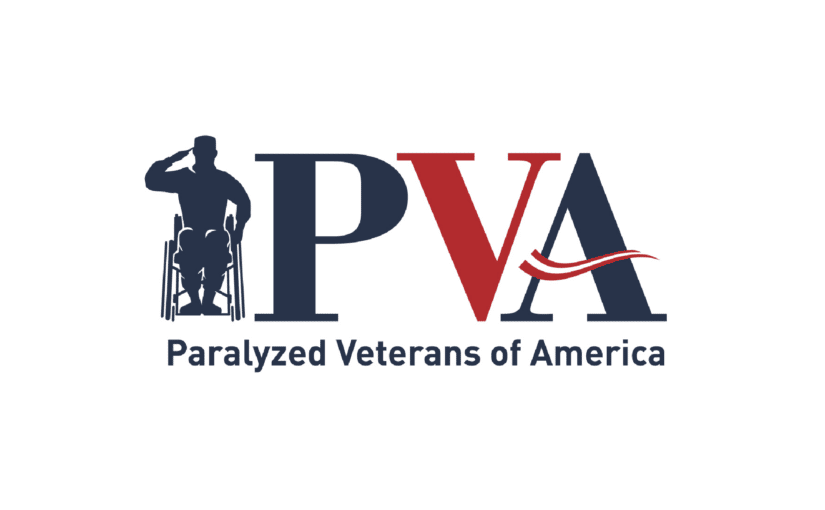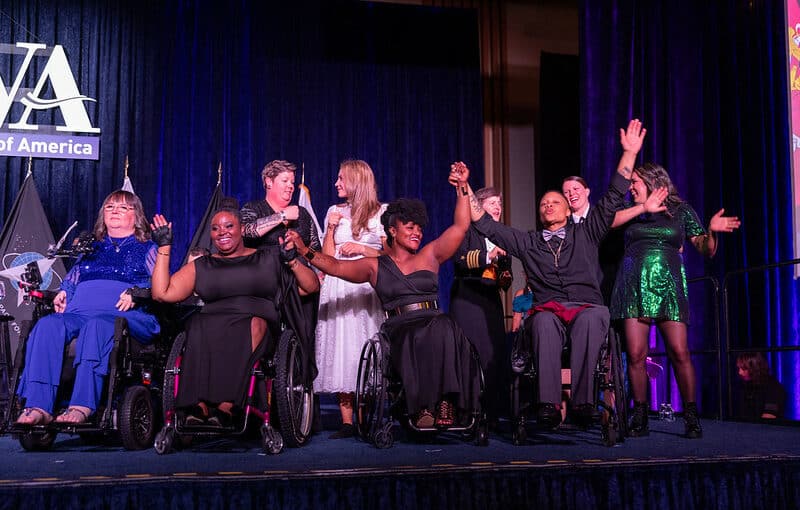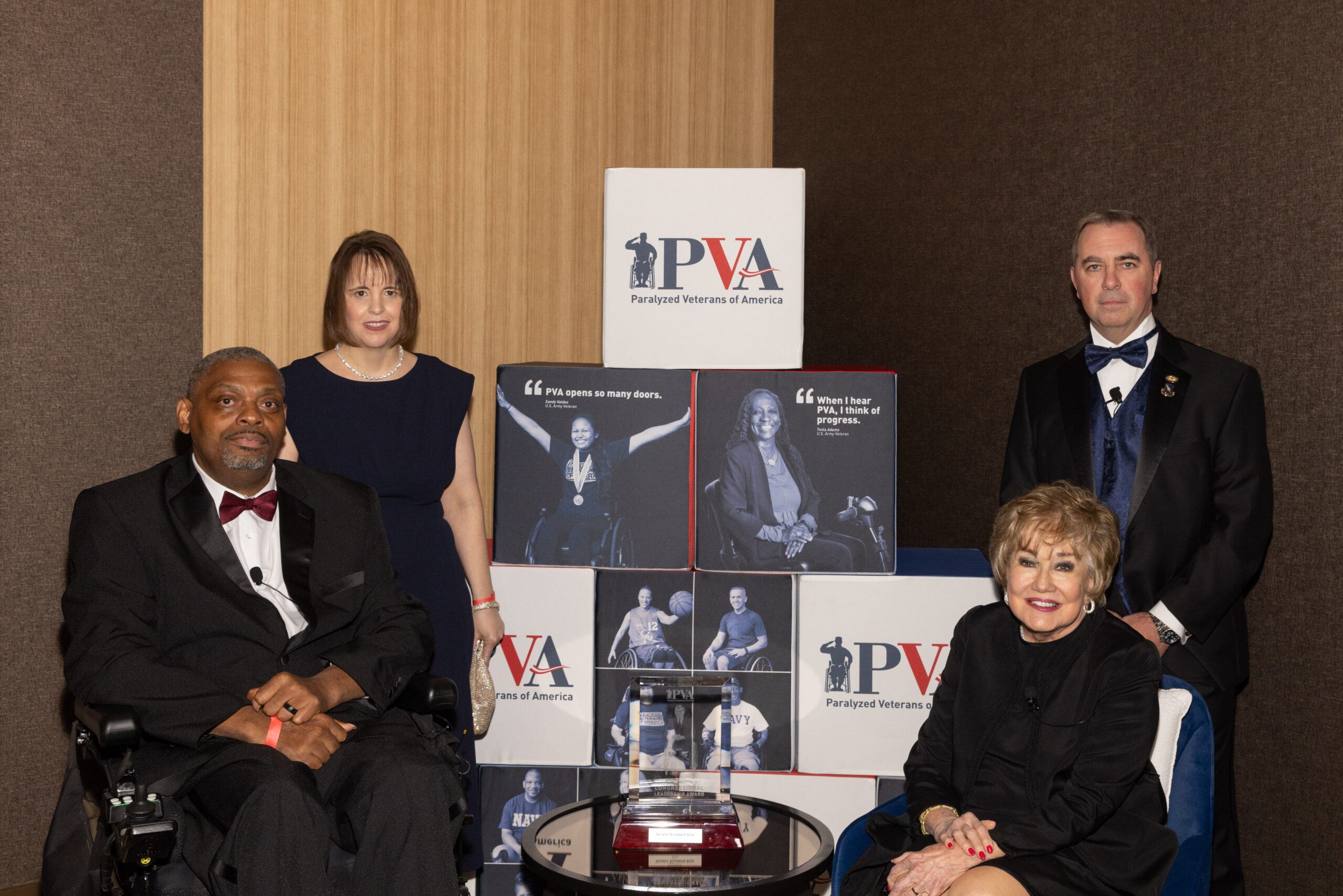Outreach to Veterans with ALS
Amyotrophic lateral sclerosis (ALS), also known as Lou Gehrig’s disease, is a progressive neurodegenerative disease that affects nerve cells in the brain and the spinal cord. Voluntary muscle action is progressively affected, and patients in the later stages of the disease may become paralyzed. The disease is almost always fatal.
In most cases, though, ALS does not affect senses, personality, intelligence, or memory. ALS patients remain aware of those around them and what is happening—they can tell when the disease is getting worse.
ALS AND MILITARY VETERANS
No one knows what causes the disease, but according to studies conducted by the National Academies of Science, military veterans within the last century are nearly twice as likely to develop ALS as individuals with no history of military service, regardless of where or when they served.
Paralyzed Veterans of America began outreach to veterans with ALS in 2008, when a Department of Veterans Affairs rule change made ALS a service-connected disease.
Since the VA rule change, Paralyzed Veterans’ national service officers and senior benefits advocates have reached out to assist this population. Already more than 6,000 veterans or their survivors have been identified and have been or are being assisted with claims for benefits and health care. Claims filed on their behalf have resulted in over $80 million in total awards (monetary and ancillary benefits) in 2013 alone, bringing the six-year total over $500 million.
“The men and women who’ve served and now battle this grave illness deserve our best efforts to get them the benefits they earned,” said Sherman Gillums Jr., executive director of Paralyzed Veterans of America. “Unfortunately, many may not get to fully enjoy the benefit because of the often-bleak prognoses in ALS cases. But we will continue to reach to as many eligible veterans and survivors as possible, with the hope that our intervention in their lives, at a truly critical time, made some difference.”
STILL SEARCHING FOR A CURE
In 2008, Congress also enacted the ALS Registry Act to create and maintain a registry of persons with ALS. The registry, launched in October 2010 and maintained by the Centers for Disease Control, seeks to help researchers estimate how many people have the disease, understand more about who gets the disease and potentially find a cure.
Veterans with ALS or their family members are urged to participate in the registry and contact the Paralyzed Veterans of America service office in their area.



